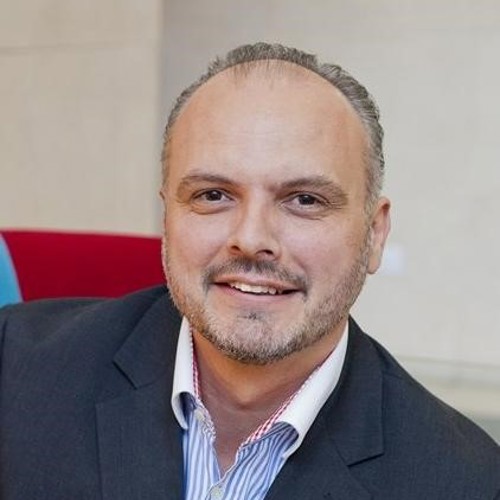
The working environment is always evolving. Over the past few years, remote working has been gaining momentum across a range of industries. However, with the threat of coronavirus, remote working is no longer just a trend: it is the new workplace. So how do we ensure that within this new landscape, we encourage people to bring their whole selves to work?
The first step is creating psychological safety. Creating psychological safety at work, where my teams and I can have challenging conversations has never been a problem for me. When I meet people for the first time, I will often relay how I come from a family of 11 individuals, seven brothers and three sisters, who could not be more different but that share a strong common bond of trust - our family. Unfortunately, in the workplace not everyone is lucky enough to feel they can share personal insights and as a result can feel supressed or constrained to conform to some perception of norm. As a senior leader in Centrica’s technology team, I want to do everything I can to make sure everyone feels able to bring their whole selves to work without fear of judgement or normalisation.
From my own experience, the highest performing workplaces are supportive, inclusive and based on trust. The best way to build trust in teams is to create a culture where people know its ok to be themselves, to speak openly and to contribute to their fullest potential.
Centrica’s purpose is to meet the changing needs of our customers as we move to a low carbon future. To do this, we need to create an open working environment where we can solve some of the biggest problems that society faces, like climate change. And that depends on the strength and performance of our teams who serve our customers.
The great philosopher coined the phrase ‘The whole is greater than the sum of its parts’ and its backed up by Google's landmark Aristotle study which found that ‘psychological safety’ is one of five key elements that enables a team to excel.
Throughout my career, the thing I have enjoyed most is being a member of a strong team that collectively have achieved greater things than any one of us could have individually. I can see this every day in Centrica where teams who embrace this idea of ‘bring your whole self to work’ succeed, whether it’s in our technology teams, contact centres, or field engineers.
As a technology team, we wanted to support My Whole Self, Mental Health First Aid (MHFA) England’s new campaign for workplace culture change. The results are clear; people who are empowered to bring their whole self to work, experience improved wellbeing and as a result, drive better outcomes. It’s a very challenging time across the world right now, but it is vital we stay connected, build trust within our teams and for everyone to feel comfortable to be themselves. So, the timing of Mental Health First Aid England ‘Bring your whole self to work’ campaign couldn’t be better.
We are already doing a lot to support this agenda through our mental health first aider programme, Carers network, Spectrum, Centrica Womens’s Network, Honor and BOLD, although there is always more that can be done.
In starting this conversation, I want to lead by example and ensure that ‘Bring your whole self’ is an everyday action for all of us. It’s really important to bring your whole identity to work, whether it’s your upbringing, race, sexual orientation; your experience influences you and if you can be open about your whole life it can have a profound effect on your work life. If I am open and talk about all parts of my life, I hope that others will too. It’s personally important to me in teams I lead that we build this sense of belonging together.
Now more than ever, as the world faces the coronavirus pandemic, we need everyone to feel they can show up as their whole self, physically or virtually, and work together as one global team to overcome any of the challenges we encounter.
